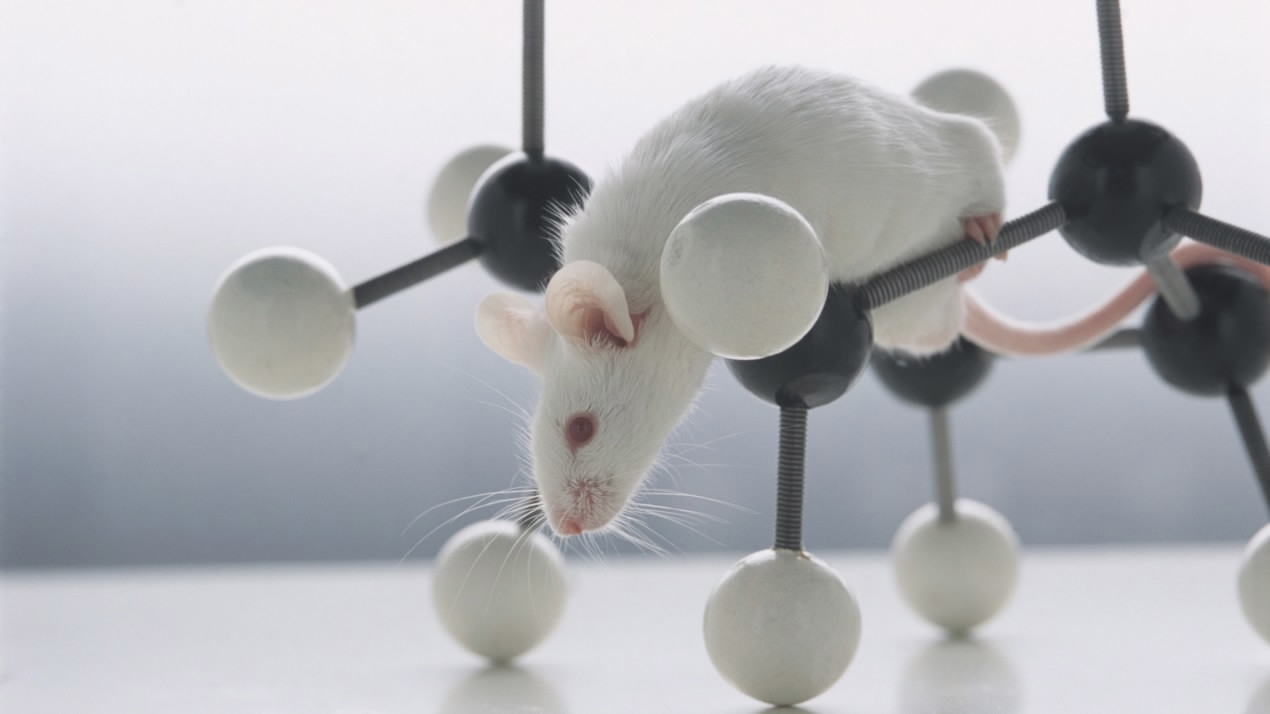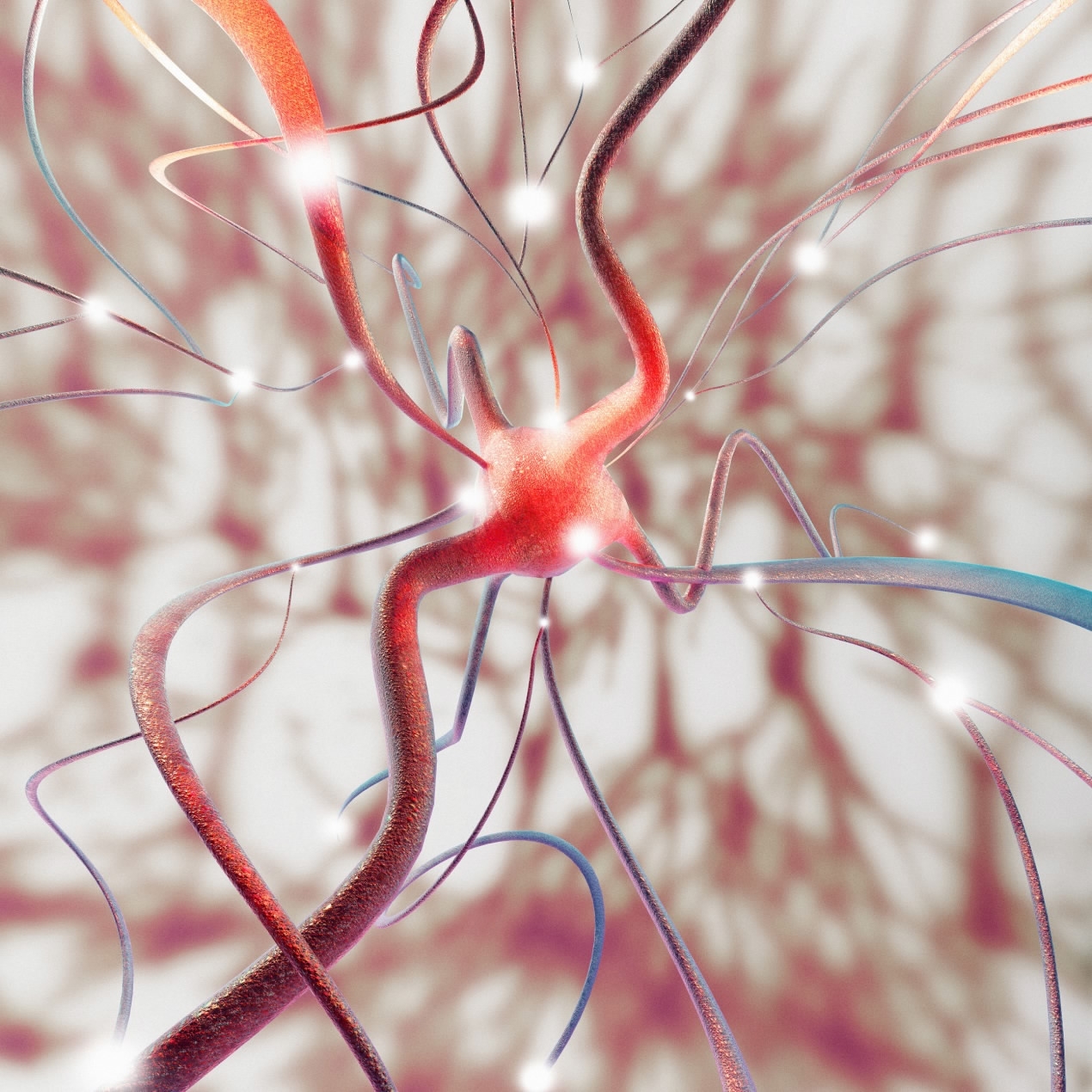
Tech & Sci
21:23, 27-Jul-2017
Study: Laser reawakens memory of mice with Alzheimer's

Researchers in the University of Columbia reactivated the "lost" memory of mice with Alzheimer's using lasers. These experiments reveal a fact that people with Alzheimer's haven't lost their memories but just lost the ability to recall them, which provides a potential way to treat memory loss.
To examine the effect of Alzheimer's, Christine Denny and her team marked the neurons of mice with a genetic engineering method, after which they will glow yellow when activated during memory storage and red when activated during memory recall.

They genetically engineered mice with neurons that glow yellow when activated during memory storage, and red when activated during memory recall. /VCG Photo
They genetically engineered mice with neurons that glow yellow when activated during memory storage, and red when activated during memory recall. /VCG Photo
The sets of mice, both with or without Alzheimer's, were given electric shock after smelling the flavor of lemon. When they smelled the lemon again, those with Alzheimer's reacted less strongly than normal mice, of course. Interestingly, while in healthy mice the red and yellow neurons overlapped, in the Alzheimer’s mice, different cells glowed red during recall, suggesting that they were calling up the wrong memories.
That can explain why patients with Alzheimer's have false memories, said Denny. When they recall something, they retrieve memory from wrong cells.
In the following experiment, laser was used to activate the yellow memory-storing neurons of mice with Alzheimer's, reactivating their memory between lemon and shock. The result turns out that the "lost" memory may still exist in the brain just waiting to be reawakened.

The research provides a potential way to recall the lost memories of people with Alzheimer's. /VCG Photo
The research provides a potential way to recall the lost memories of people with Alzheimer's. /VCG Photo
The next step will be to confirm whether the result exist in human with Alzheimer's.
“It has the potential to lead to novel drug development to help with regaining memories,” Ralph Martins at Edith Cowan University in Australia said.
(CGTN's intern Zhou Jingwen contributed to this story)

SITEMAP
Copyright © 2018 CGTN. Beijing ICP prepared NO.16065310-3
Copyright © 2018 CGTN. Beijing ICP prepared NO.16065310-3